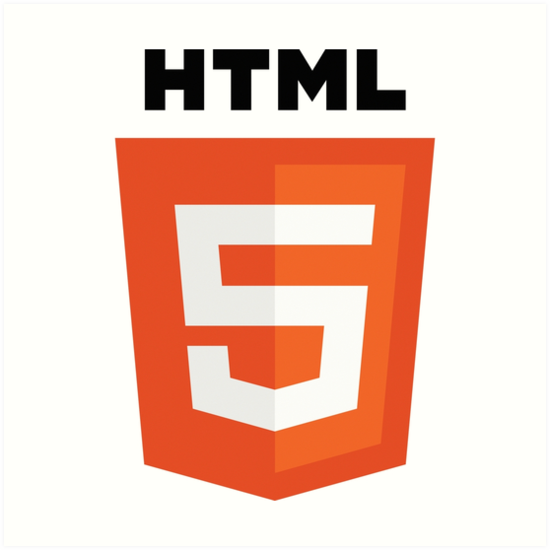CompTIA A+ (A Plus) is an entry-level computer certification for PC computer service technicians. The course is designed to certify the competency of entry-level PC computer service professionals in installing, maintaining, customizing, and operating personal computers. The A+ certification is sponsored by the Computing Technology Industry Association (CompTIA). CompTIA is a large trade group, founded in 1982 and made up of resellers, distributors, and manufacturers. It sets voluntary guidelines dealing with business ethics and professionalism, and is involved with many issues including product returns, warranty claims, and price protection.

- Teacher: Paul Alex
- Teacher: Anthoo Roys
C programming is a general-purpose, procedural, imperative computer programming language developed in 1972 by Dennis M. Ritchie at the Bell Telephone Laboratories to develop the UNIX operating system. C is the most widely used computer language. It keeps fluctuating at number one scale of popularity along with Java programming language, which is also equally popular and most widely used among modern software programmers.
Why to Learn C Programming?
C programming language is a MUST for students and working professionals to become a great Software Engineer specially when they are working in Software Development Domain. I will list down some of the key advantages of learning C Programming:
Easy to learn
Structured language
It produces efficient programs
It can handle low-level activities
It can be compiled on a variety of computer platforms
Facts about C
C was invented to write an operating system called UNIX.
C is a successor of B language which was introduced around the early 1970s.
The language was formalized in 1988 by the American National Standard Institute (ANSI).
The UNIX OS was totally written in C.
Today C is the most widely used and popular System Programming Language.
Most of the state-of-the-art software have been implemented using C.
Today's most popular Linux OS and RDBMS MySQL have been written in C.
- Teacher: Paul Alex
- Teacher: Anthoo Roys
C++ language is a direct descendant of C programming language with additional features such as type checking, object oriented programming, exception handling etc. You can call it a “better C”. It was developed by Bjarne Stroustrup.
C++ is a general purpose language language, when I say general purpose it simply means that it is designed to be used for developing applications in a wide variety of domains.
- Teacher: Paul Alex
- Teacher: Anthoo Roys
Entrepreneurship is the process of discovering new ways of combining resources. When the market value generated by this new combination of resources is greater than the market value these resources can generate elsewhere individually or in some other combination, the entrepreneur makes a profit.

- Teacher: Paul Alex
Hypertext Markup Language, or HTML, is a programming language used to describe the structure of information on a web page.
A web page can contain headings, paragraphs, images, videos, and many other types of data. Front-end developers use HTML elements to specify what kind of information each item on a web page contains — for instance, the “p” element indicates a paragraph. Developers also write HTML code to specify how different items relate to one another in the overall structure of the page.
Every website you open in your browser, from social networks to music services, uses HTML. A look under the hood of any website would reveal HTML code providing structure for all the page’s components.

Nearly every object can now be connected to the Internet. From washing machines to sophisticated components of an airplane’s jet engine, even organic items like crops and cows. The ability to connect things and capture useful data is transforming organizations in every industry and opening doors for new career specializations. Discover the basis of this exciting and emerging field using fun, hands-on activities to model securely connecting sensors to cloud services over IP networks and collecting data in an end-to-end IoT (Internet of Things) system. Basic programming (such as PCAP: Programming Essentials in Python), networking and electronics knowledge is recommended.
- Teacher: Paul Alex
- Teacher: Anthoo Roys
Our lives depend on online services. Gain essential cyber security knowledge and skills to help protect your digital life.
- Teacher: Paul Alex
- Teacher: Anthoo Roys